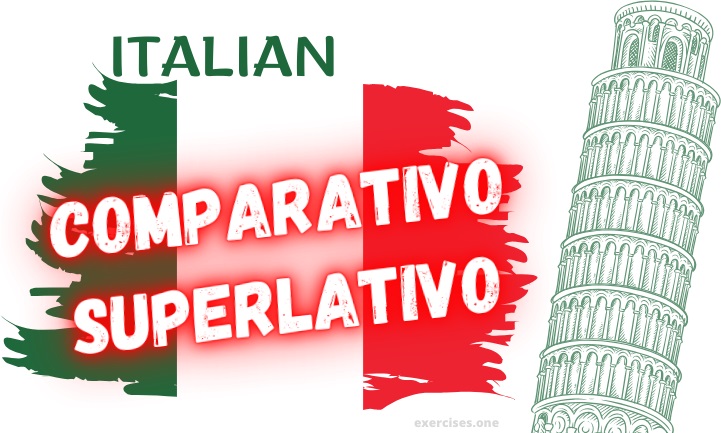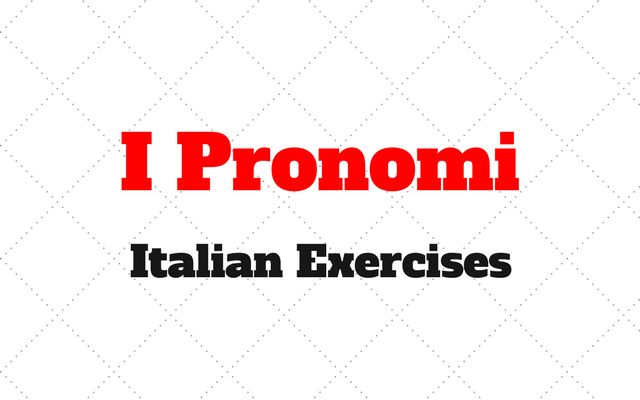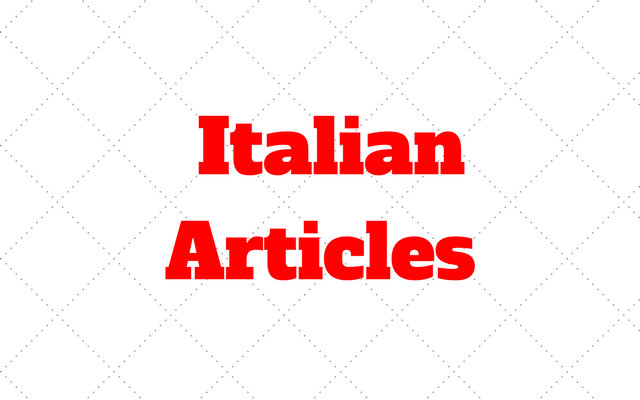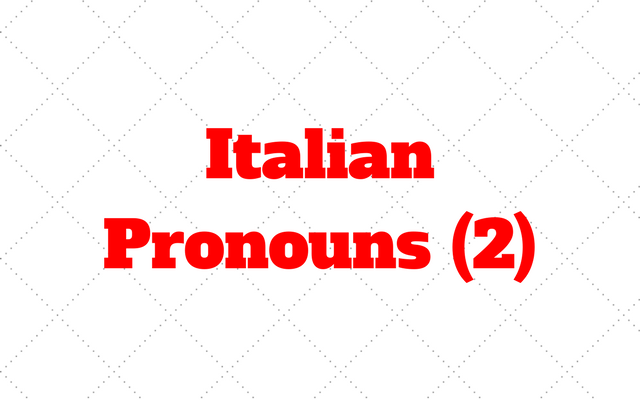
Ciao, studente mio! Today, we are going to embrace the beauty of the Italian language by delving into comparatives and superlatives.
This is a fundamental part of learning, as it allows you to express nuances and make precise comparisons – something that is essential in everyday conversation.
You’ll learn how to construct sentences to compare objects, people, and experiences, highlighting differences and similarities with elegance and accuracy.
It’s a step forward in mastering the descriptive capabilities of Italian, and I’m here to guide you through it.
Let’s embark on this linguistic journey together, and by the end, you’ll be able to not only understand but also create sentences that paint the world in the vivid contrasts and rich superlatives that life’s variety demands.

1) Put the Sentences in the Correct Order – Italian Comparative and Superlative
a) è / Luca / alto / di Carlo / più
Luca è più alto di Carlo.
2) Can you Translate these Sentences? Italian Comparative and Superlative Exercises
a) This movie is more exciting than the last one.
Questo film è più emozionante dell’ultimo.
3) Practice your Vocabulary
a) More – Less – Than
Più – Meno – Di
4) Practice Your Writing by Translating these Small Texts Taking the Italian Comparative and Superlative into Consideration
5) About Italian Comparative and Superlative, Write the Obvious Questions to the Answers
a) La Ferrari è più veloce della Fiat. (Quale… .. ..Fiat?)
Quale è più veloce, la Ferrari o la Fiat?
Bravissimo! I can see the progress you’ve made today. Through practice and engagement, you have deepened your understanding of Italian comparatives and superlatives forms.
Now, you are better equipped to express complex thoughts and engage in more dynamic conversations in Italian.
Remember, language is the portrait of comparison, and today, you’ve added some fine strokes to your canvas. Continue to practice, and don’t hesitate to reach out if you have any questions or need clarification.
I look forward to our next lesson, where we will continue to explore the richness of the Italian language. For now, riposa un po’ e sii orgoglioso del lavoro che hai fatto. Ci vediamo presto









